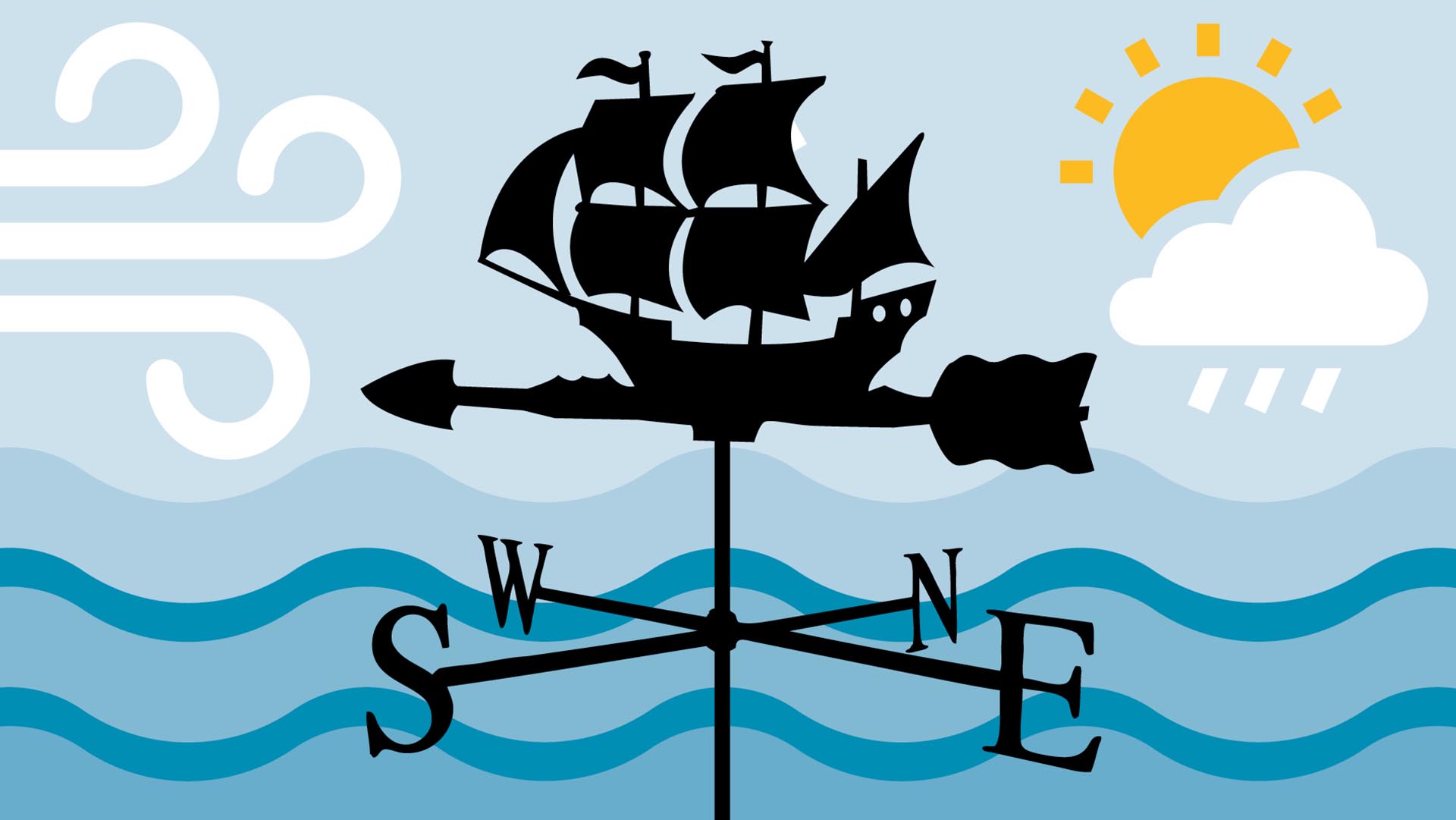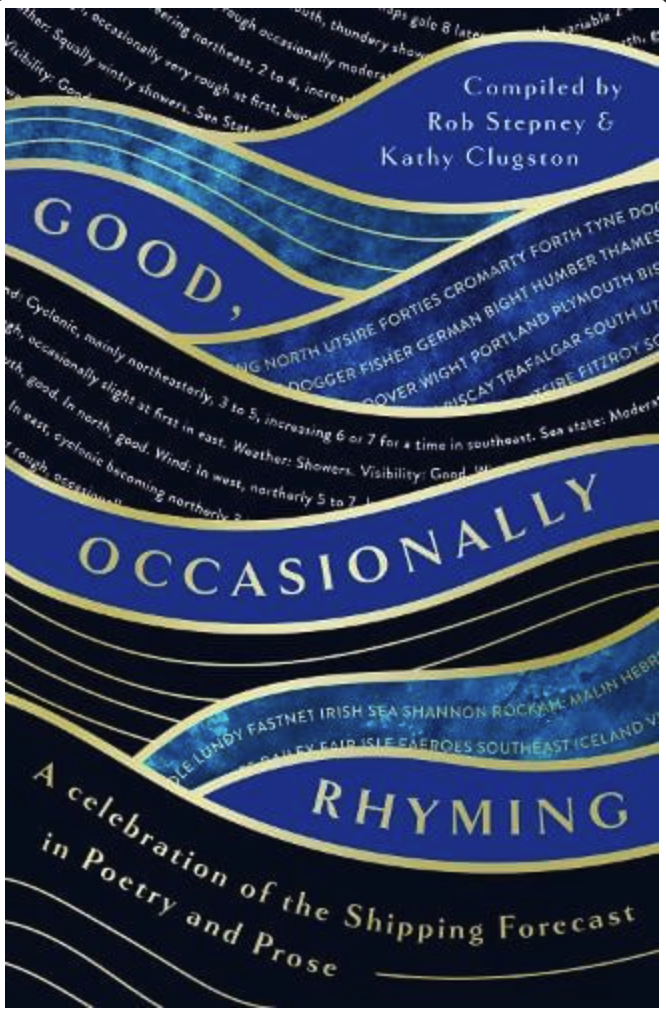Fascination with the weather and love of the sea combine in the Shipping Forecast. As Rob Stepney explains, it is also a honey pot for poets who have both parodied and eulogised it.
It is 100 years since BBC national radio first broadcast a weather forecast specifically designed for sailors in our coastal waters. Those whose safety depends directly on this service are relatively few. But there is a legion of landlubbers who cherish the Forecast for its hypnotic rhythm and inexplicably evocative sea areas.
For Carol Ann Duffy, the Forecast is “the radio’s prayer – Rockall. Malin. Dogger. Finisterre”. For WJ Webster, the sea areas are the “ring of odd and yet familiar names/ recited in its stately settled round”. Michael Howe feels that they chart “the seas/ between what we hear and/ what we understand”. And, perhaps most famously, Seamus Heaney writes of the sea areas as being “conjured by that strong gale warning voice”.
Poets capture well the feeling of the Forecast because – as Elisabeth Mahoney wrote in The Guardian – they too use language that is both practical and “magically figurative, beyond the drudge of chatter”. ‘The Ships’ (as it’s known by those who read the Forecast) attracts people almost despite itself – since it is read with the measured consistency of a metronome and consciously stripped of emotion. But it is for these reasons that the Forecast has the qualities of mantra, lullaby or incantation; enigmatic but soothing.
Get the latest news and insight into how the Big Issue magazine is made by signing up for the Inside Big Issue newsletter
There is undoubtedly a frisson of vicarious danger when rough weather brings real peril to those at sea while we are safe at home. But the Forecast also has romance, in the broad sense of being mysterious and set apart from everyday life. Areas such as Fair Isle, Viking and Biscay are the magic stuff of imagination. They relate to what the poet laureate Simon Armitage calls “Yonderland”, the title of his celebratory BBC-commissioned work premiered in Belfast in August.






